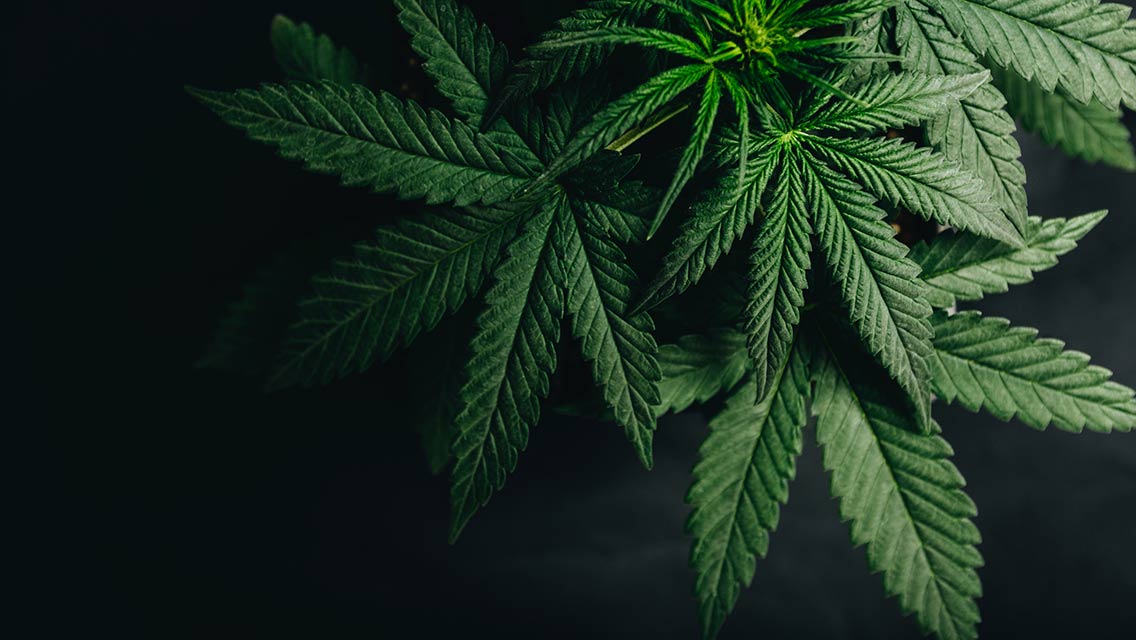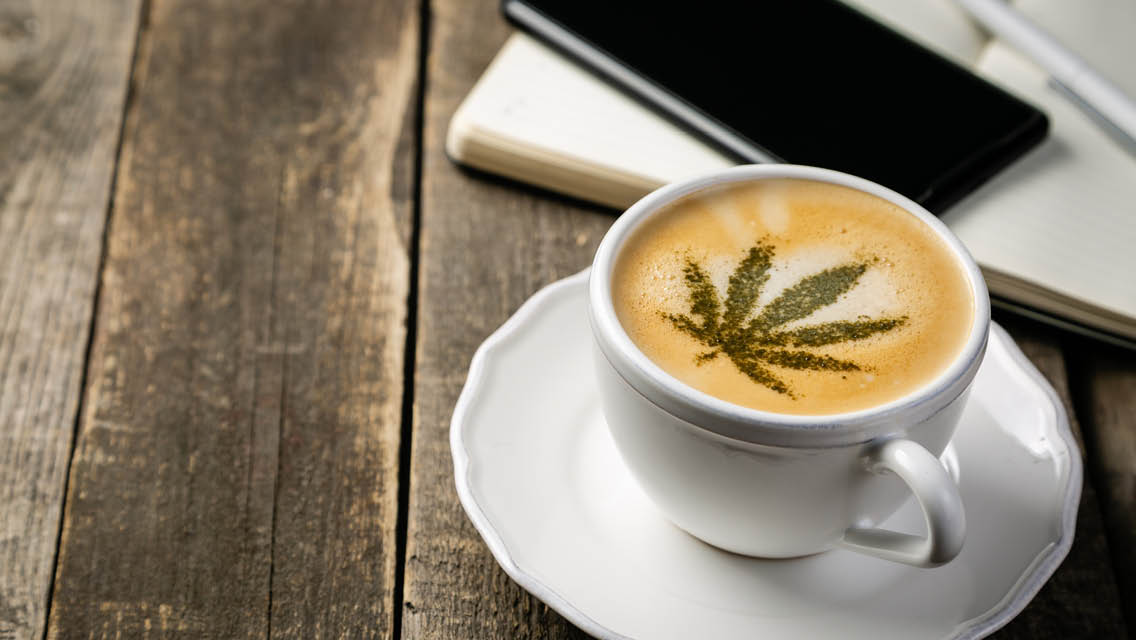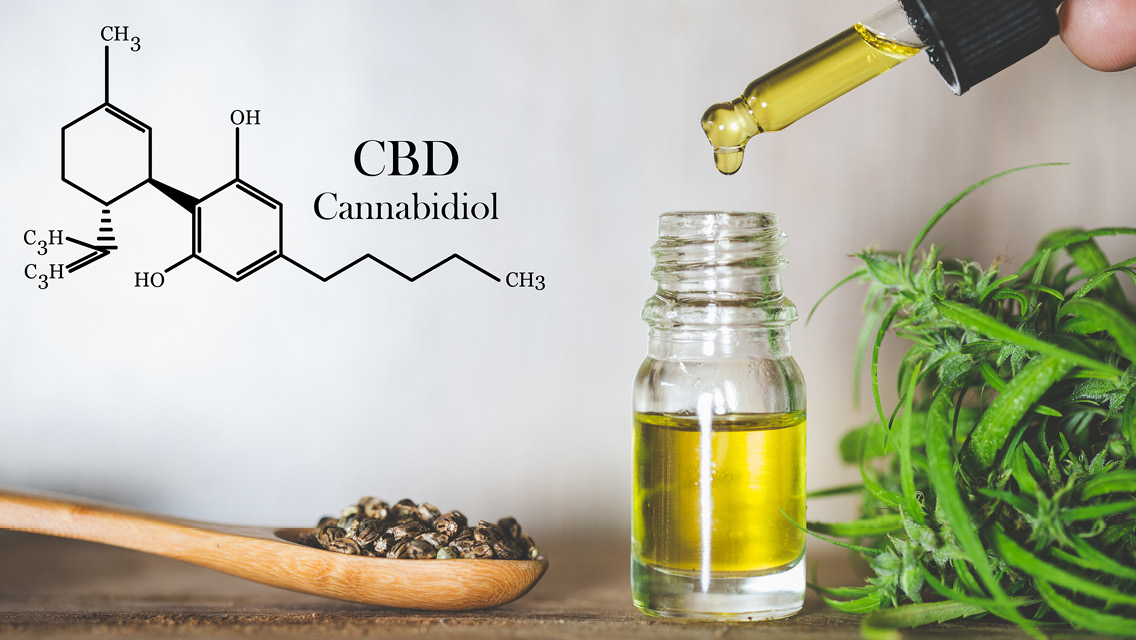When lawmakers here in Minnesota voted last month to join the 23 other states that have legalized the recreational use of cannabis, I couldn’t help but wonder how such a move would’ve been greeted by my stoner compatriots in the 1970s. Part of the allure, after all, was the clandestine nature of procurement and the sense (or nonsense) of belonging to a quasi-cultural movement rebelling against the status quo. But with the “narc” squad no longer a threat and our imagined “outsider” status dissipated, I suspect some of us would’ve been persuaded to readjust our delusions sooner rather than later.
Now that pot’s been sanctified by the powers that be, however, I worry that some aging Boomers may be contemplating a return to those mellow days of nickel bags and bong parties. To hear Benjamin Han, MD, MPH, tell it, they should do so only with extreme caution.
California legalized medical marijuana in 1996 and OK’d recreational cannabis in 2016, and uptake among the elderly there has produced a dramatic rise in emergency room visits. A study published earlier this year in the Journal of the American Geriatrics Society found that more than 12,000 seniors in the state landed in the ER in 2019 with conditions related to pot use — a 1,808-percent increase since 2005.
“Many patients assume they aren’t going to have adverse side effects from cannabis because they often don’t view it as seriously as they would a prescription drug,” notes Han, a geriatrician at the University of California San Diego School of Medicine and lead author of the study. “I do see a lot of older adults who are overly confident, saying they know how to handle it — yet as they have gotten older, their bodies are more sensitive, and the concentrations are very different from what they may have tried when they were younger.”
12,000 seniors in the state [of California] landed in the ER in 2019 with conditions related to pot use — a 1,808-percent increase since 2005.
Unlike the weed that made the rounds in the ’70s, today’s cannabis products pack a punch that can seriously impair an older adult’s reaction time and attention, causing falls. They can heighten the risk of psychotic episodes, delirium, and paranoia, Han explains, while doing no favors for seniors battling pulmonary or cardiovascular diseases. And, as with any drug use, there’s the potential for hazardous interactions with other medications.
The study’s findings suggest that doctors should ask their older patients about their cannabis use during their regular visits, says coauthor Alison Moore, MD, MPH, who heads the Division of Geriatrics, Gerontology, and Palliative Care at UC San Diego School of Medicine. But questionnaires screening for substance abuse generally include marijuana in the same category as cocaine, heroin, methamphetamine, and other illegal drugs. That tends to stifle patient responses.
A more fruitful approach, Moore argues, would involve doctors asking their older patients specifically about any pot use during the previous 12 months. “Providers can then ask how frequently cannabis is used, for what purpose — such as medically for pain, sleep, or anxiety or recreationally to relax — in what form (smoked, eaten, applied topically) and if they know how much THC and CBD it contains,” she says. “Once the provider has this type of information, they can then educate the patient about potential risks of use.”
This has proven successful in helping to identify and treat alcohol abuse, she adds. “Older adults are more likely to make a change in substance use if they see that it is linked to an undesirable medical symptom or outcome — so linking cannabis use similarly could help with behavior change.”
Sometimes it does take a bit of a shock to the system to adjust our priorities. I still recall (a little too vividly) the champagne-soaked wedding reception 34 years ago when I last communed with cannabis. The results of a single toke from that shared joint cannot be described in polite company. I’ve kept my distance from all manner of drugs I once believed were so “liberating” ever since.
Here’s hoping my former stoner pals will practice more caution now than we did back then.





This Post Has 0 Comments